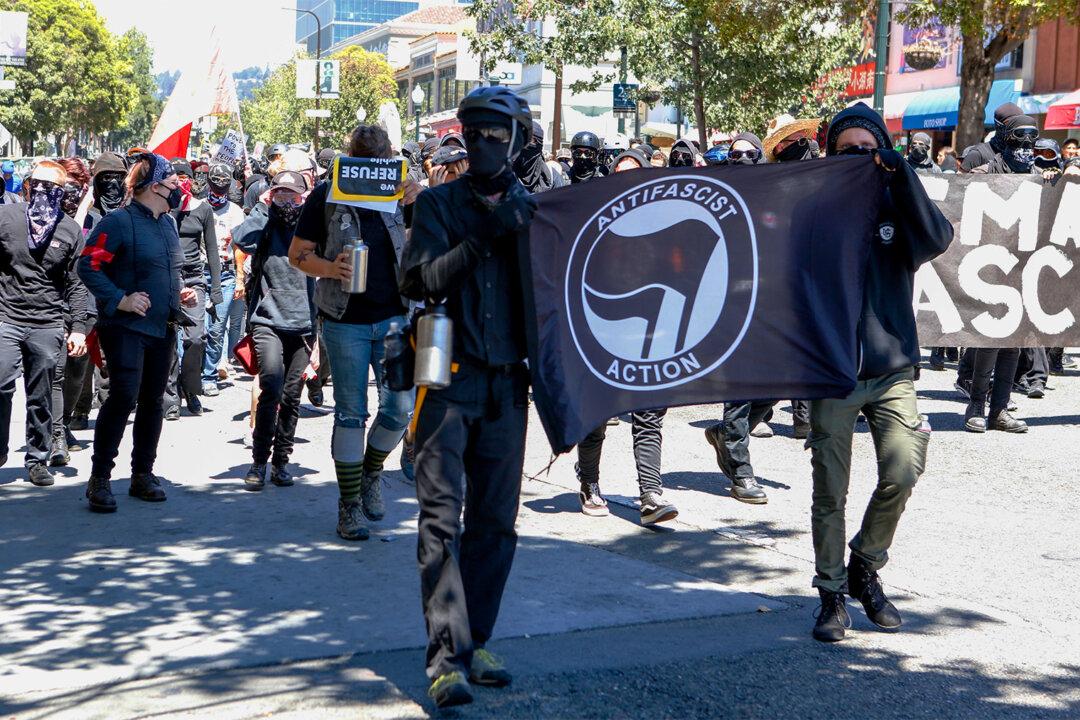While Attorney General William Barr revealed that there are multiple investigations into the anarcho-communist group Antifa underway, that doesn’t necessarily mean arrests are imminent. These kinds of investigations, if done right, usually take a long time, according to a former FBI special agent.
Barr and FBI Director Christopher Wray singled out Antifa as one of the culprits behind the instigation of violence during recent protests sparked by the death of George Floyd during an arrest in Minneapolis.





